

Within a few weeks, the new Plant Health Act will go to Cabinet and should be laid before Parliament by the end of the financial year, says Minister of Agriculture, Fisheries and Mining Floyd Green.
The legislation, which will replace the Plants (Quarantine) Act, will be consistent with modern phytosanitary best practices and ensure Jamaica’s conformity with its international obligations under the International Plant Protection Convention. It will result in a coordinated and internationally compliant system that enhances Jamaica’s plant health status, improving the integrity of primary crops and processed foods exported to major international markets.
Green was speaking at the opening of a two-day National Seed Policy workshop on Wednesday, November 27, 2024, at the Bodles Research Station in Old Harbour, St Catherine.
When enacted, the law will ensure greater reliance on scientific, quarantine, surveillance and emergency response systems for pest outbreaks, and pest management strategies used by farmers. It will also facilitate a reduction in the pest risk associated with plants, plant products and other regulated articles, through the protection of industry players from unjustified phytosanitary measures and the prevention of the entry and spread of pests that pose a risk to the Jamaican agricultural sector.
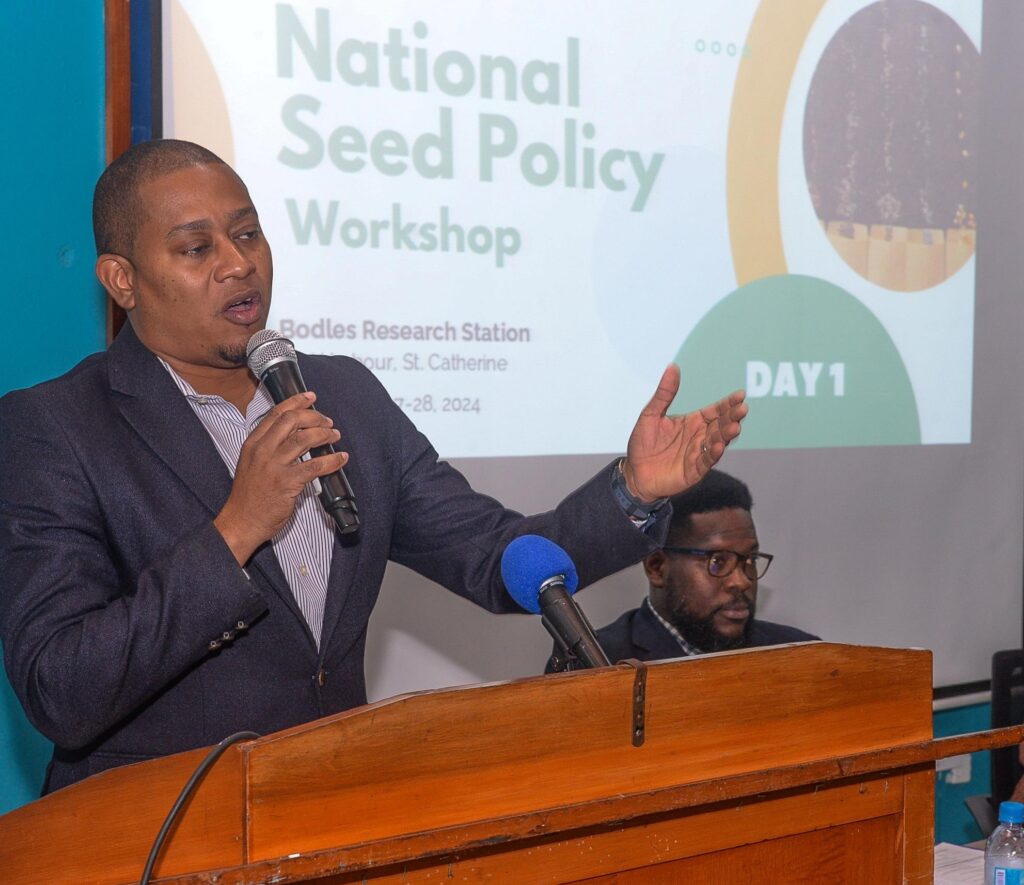
The minister said that the new Plant Health Act, once implemented, will be a “major milestone” for agriculture, agro growth and sustainability of the sector. He said that Jamaica must “modernise our approach to plant health and seed regulations ensuring that we are aligned with international standards”. The legislation, along with the National Seed Policy, he noted, “will ensure that we have clear protocols, quality assurance, and other support to ensure success in the industry”.
Green noted that a core focus of the National Seed Policy is the establishment of a certified out-grower scheme for commercial seed production. He said that the Ministry is “creating a framework where seed producers are registered, certified and equipped with the resources they need to succeed”.
He also said that training is critical in strengthening the island’s capacity for seed certification and involves a wide range of stakeholders from farmers to local seed producers and the Rural Agricultural Authority (RADA). The knowledge gained from the workshop, he said, will serve as the foundation
for scaling seed certification, creating a sustainable and diverse seed supply for the nation.

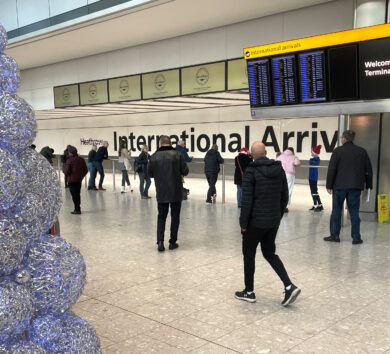
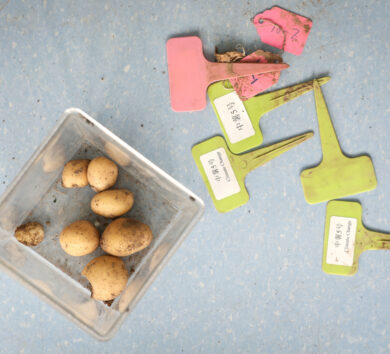

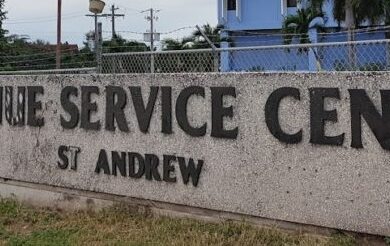

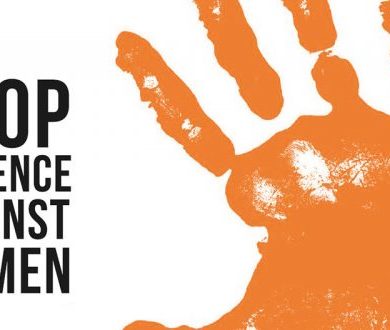
Comments